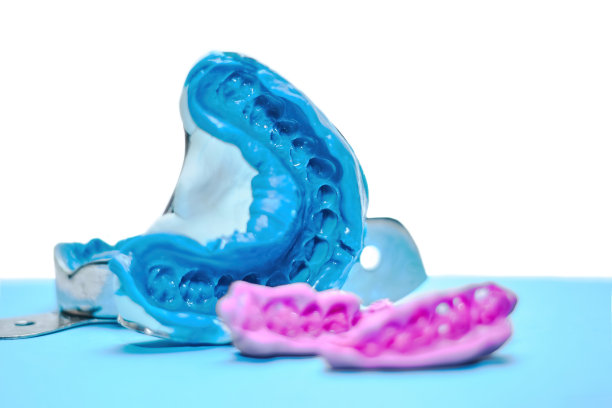Comprehensive Guide to Understanding Dental Implant Treatment Benefits Procedure and Aftercare for Lasting Smiles
Summary: Dental implants are a transformative solution for missing teeth, offering a natural appearance and functionality. This comprehensive guide delves into the numerous benefits of dental implant treatment, detailing the entire procedure from initial consultation to post-operative care. Through understanding these facets, patients can make informed decisions for their oral health. Ideal for individuals seeking lasting smiles, this article serves as a complete resource to navigate the intricacies of dental implants, ensuring a smooth journey to restored confidence and functionality.
1. Benefits of Dental Implants for Oral Health

Dental implants provide a reliable foundation for replacement teeth, significantly improving oral health. Unlike traditional dentures, which can slip and cause discomfort, implants are securely anchored in the jawbone. This stability allows for better chewing efficiency, making it easier to enjoy a wider variety of foods without the fear of shifting appliances.
Additionally, implants help preserve jawbone integrity. When a tooth is lost, the jawbone where the tooth root once was can deteriorate over time due to lack of stimulation. Dental implants act as artificial roots, stimulating the bone and preventing further loss, which helps maintain facial structure and aesthetics.
Moreover, dental implants enhance overall quality of life. Many individuals with missing teeth often experience difficulties with self-esteem and social interactions. By restoring a full set of teeth, implants can significantly boost confidence, encouraging patients to smile and engage more in social situations.
2. Understanding the Dental Implant Procedure
The dental implant procedure typically unfolds in several stages, starting with a thorough consultation and examination. During this initial appointment, your dentist will evaluate oral health, design a treatment plan, and discuss your goals. Diagnostic imaging may also be utilized to assess bone density and identify potential areas for placement.
Following the assessment, the next step involves the surgical placement of the implant. This requires numbing the area and carefully inserting the titanium post into the jawbone, where it will serve as a root for the new tooth. After placement, a healing period of usually several months is essential for osseointegration, allowing the implant to fuse with the bone.
Once healing is complete, an abutment is attached to the implant, serving as a connector for the final restoration, which can be a crown, bridge, or denture. This multi-step process ensures that the dental implant provides a secure and functional outcome that aligns with the patient’s needs.
3. Essential Aftercare for Dental Implants
Proper aftercare is crucial for the longevity and effectiveness of dental implants. Patients should prioritize oral hygiene to prevent infection, including brushing and flossing around the implant site gently. Regular check-ups and cleanings with the dentist are also essential for monitoring the healing process and addressing any potential issues early on.
Additionally, avoiding certain habits can significantly enhance the success of the implant. For instance, smoking can impair healing and increase the risk of implant failure. Patients are encouraged to refrain from smoking and limit alcohol consumption during the healing phase to promote a healthy recovery.
Finally, maintaining a balanced diet rich in vitamins and minerals will aid in the overall healing process. Foods that support bone health, such as dairy products, leafy greens, and whole grains, should be part of a patient’s regular diet following the procedure.
4. Long-term Success with Dental Implants
The long-term success of dental implants largely depends on the patient’s commitment to ongoing oral hygiene and regular dental visits. With good care, implants have the potential to last a lifetime, offering a permanent solution for missing teeth. Patients should be proactive in discussing any concerns with their dentist and adhering to prescribed maintenance routines.
Equally important is understanding that periodontal health plays a vital role in implant longevity. An infection near the implant could threaten its stability, thus ensuring healthy gums and avoiding periodontal disease is necessary. Patients should remain vigilant and consult their dental professionals regularly.
Moreover, lifestyle choices can greatly impact the durability of dental implants. Regular exercise, a healthy diet, and avoiding stress can contribute to overall health, indirectly supporting the longevity of dental implants and ensuring that they continue to function effectively over the years.
Summary:
In conclusion, dental implants represent a modern solution that offers numerous benefits for those dealing with tooth loss. From improved oral health and enhanced quality of life to a detailed understanding of the procedure and essential aftercare, this guide aims to equip patients with the information they need for successful treatment. Long-lasting smiles can be achieved through dental implants with commitment and proper care.
This article is compiled by Vickong Dental and the content is for reference only



